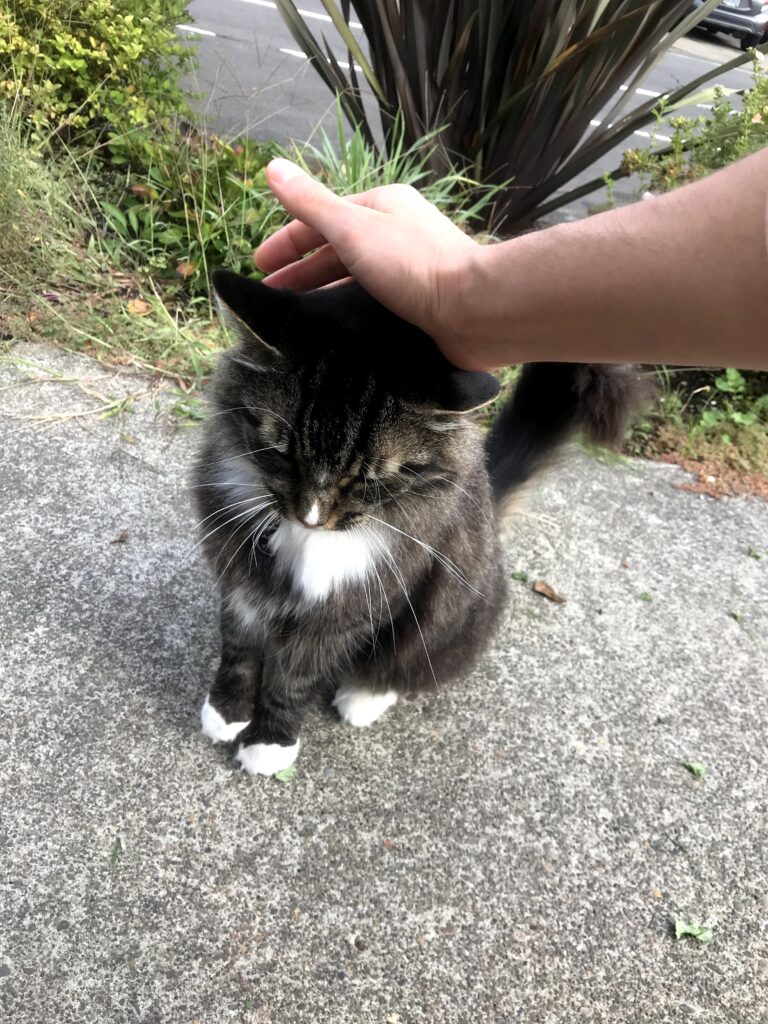So, I recently lost my grandmother to breast cancer. She is my inspiration. She overcame systemic barriers and became our family’s steadfast matriarch. She emigrated from Guadalajara, Mexico with a 7th grade education. Upon first moving to the USA, she saw storefront signs that read “No Dogs, No Negros, No Mexicans.” She worked hard to put her family first. When my mother became pregnant with me at age 20, she stepped up and helped raise me. My grandmother’s home had 3 generations under one roof.
With such tight living quarters, I used the backyard as my escape.
Free play was my outlet. I had the space and time to be my energetic self.
This was also apparent during school recess. My confidence on the playground translated into confidence in the classroom.
My closest friendships, love for the outdoors, and current research interests stem from these early experiences.
To this day, physical activity grounds me and helps me think more clearly. The physical, social, and cognitive benefits from physical activity cannot be understated.
All children have a right to play and reap these developmental benefits.
Yet, the reality is that children of color and children from low income neighborhoods do not always have access to this fundamental right.
My background has helped me see the need for equity in schools and society. I see the potential physical activity can have on children’s and adolescents’ development. It has helped me see work is needed to make accessible recess, outdoor play, and youth sports for all young people a reality.
I will continue on my academic and career path to produce innovative research, inform equitable policy, and work for my community.




